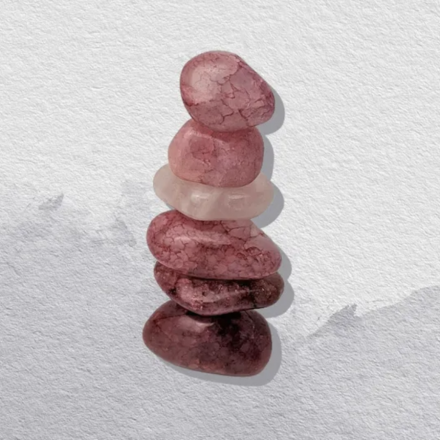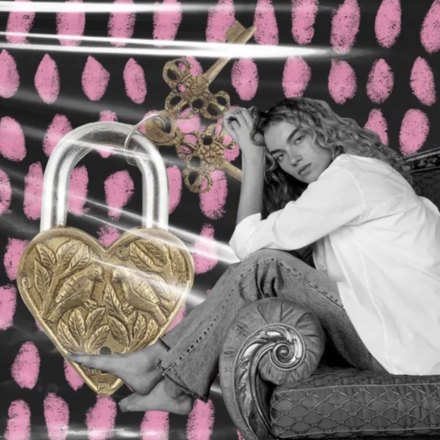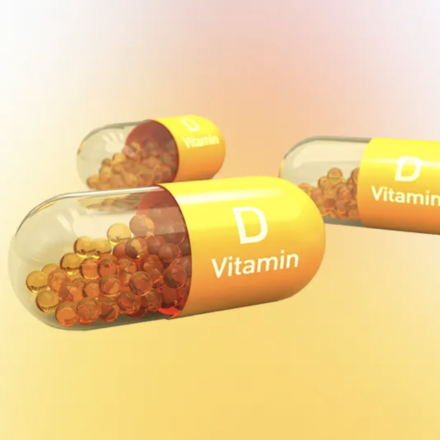The Most Common Myths About Health and Nutrition: Don’t Believe Everything You Read Online
Healthy eating is not about strict restrictions — it’s about balance, knowledge, and listening to your body.
In the world of healthy living, it’s easy to get lost in conflicting advice. One day, coffee is harmful; the next, it’s praised. Bread is either your worst enemy or an energy booster. Social media, influencers, and even some media outlets often spread "pseudo-truths" that lack scientific backing.
Let’s take a closer look at the most popular nutrition myths that don’t hold up — and why it’s important to rely on facts, not fads.
Popular Myths About Health and Nutrition:
“Fat is bad for your health”
In reality, your body needs healthy fats to support cell structure, hormonal balance, and brain function. Omega-3 and omega-6 fatty acids — found in fish, avocado, nuts, and olive oil — are essential allies in your diet.
“Carbs cause weight gain”
Not all carbs are the same. Refined carbs like white bread, sweets, and sodas can be harmful, but whole grains, fruits, and vegetables are rich in fiber, vitamins, and are a key source of energy.
“You must drink 8 glasses of water a day”
This advice has become a golden rule, but it ignores individual needs. Some people live in hot climates, others exercise more, and some get fluids from food. Listen to your body — it knows when it’s thirsty.
“Eggs raise your cholesterol”
Modern research shows that moderate egg consumption doesn’t raise "bad" cholesterol for most people. Eggs are a rich source of protein and vitamins — perfect for a balanced breakfast.
“Gluten-free diets are healthier for everyone”
Just because it’s trendy doesn’t mean it’s right for you. Unless you have celiac disease or gluten sensitivity, cutting out gluten-containing foods like bread and grains may do more harm than good by depriving your body of fiber and nutrients.
“Detox diets cleanse the body”
Lemon water, juice cleanses, and pricey teas don’t have magical cleansing powers. Your liver, kidneys, intestines, and skin already detox your body naturally. The best way to support them? Eat well, sleep enough, and avoid toxins.
“The less you eat, the more weight you lose”
Drastically cutting calories can slow down your metabolism and cause your body to store fat instead of burning it.
“Natural means healthy”
Not all natural things are safe — poison mushrooms are natural, too. Honey is natural and healthy in small amounts, but it’s still sugar. Context and moderation matter.
“Late meals cause weight gain”
It’s not when you eat but how much you eat during the day. A light, balanced dinner won’t harm you — even at 8 p.m.
“Diet products are always healthier”
Labels like “diet” don’t guarantee good nutrition. These products often contain artificial sweeteners, unhealthy fats, or excess salt. Always read the ingredients list.
Healthy eating is not about strict restrictions — it’s about balance, knowledge, and listening to your body. When in doubt, double-check the information with reliable sources or consult a professional. Your body often knows better than the internet what it really needs.



















